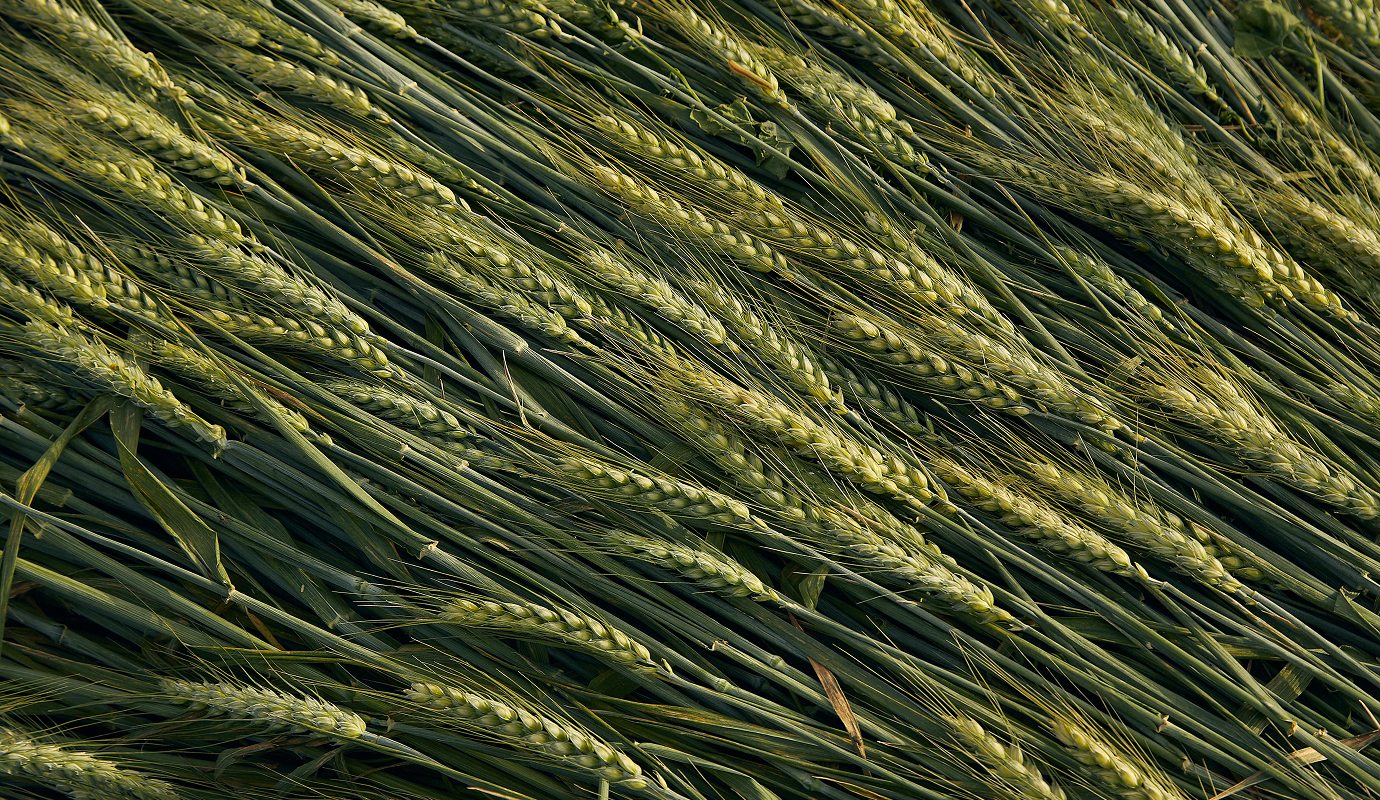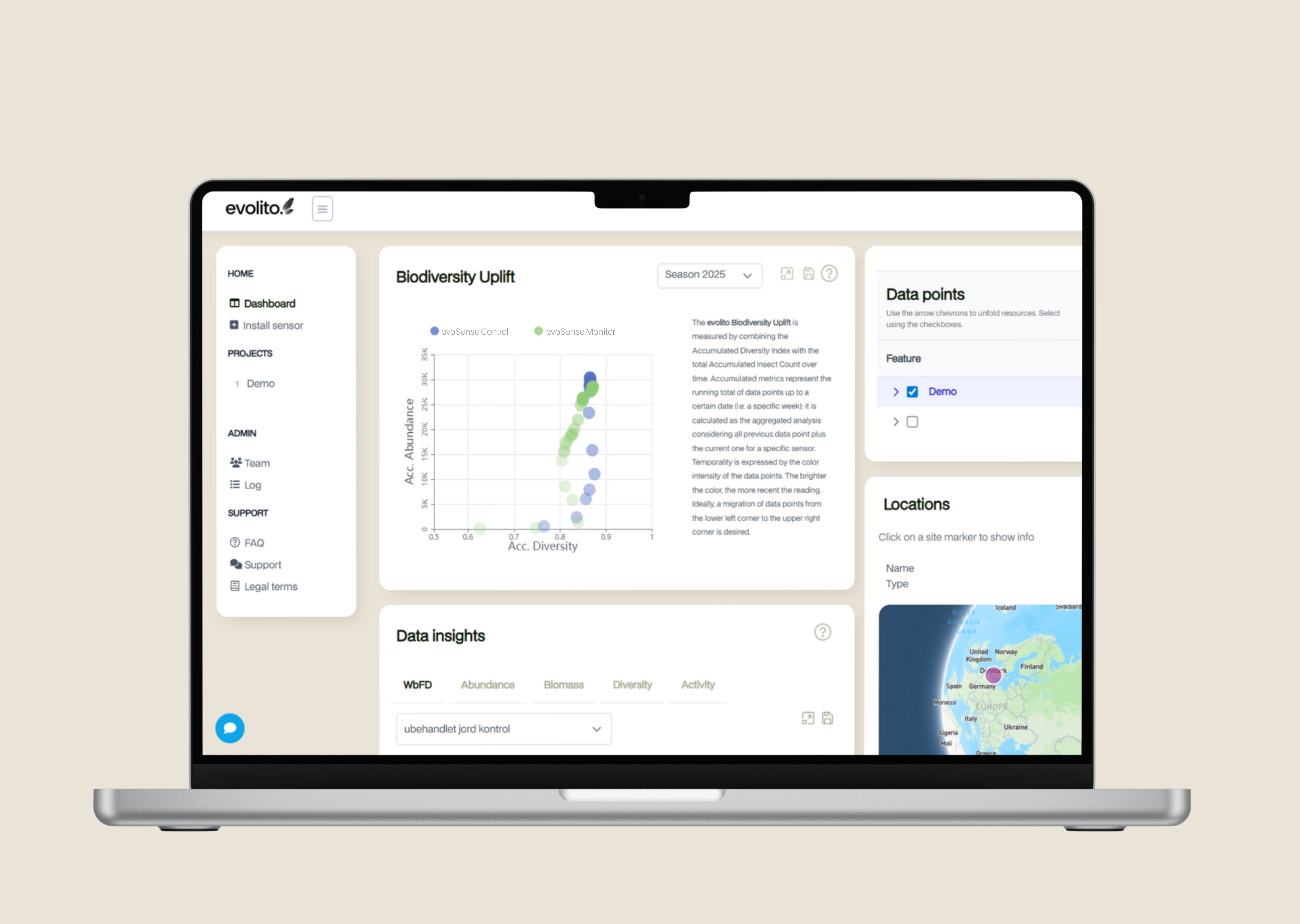”We have decided to engage with evolito due to their data-backed solution and extensive science based expertise within biodiversity.
We believe they are a great partner to help us baseline, understand, and continuously monitor our impact on biodiversity, firstly throughout our own manufacturing operations, and eventually with the potential to upscale further into our value chain.”





















.jpg)



